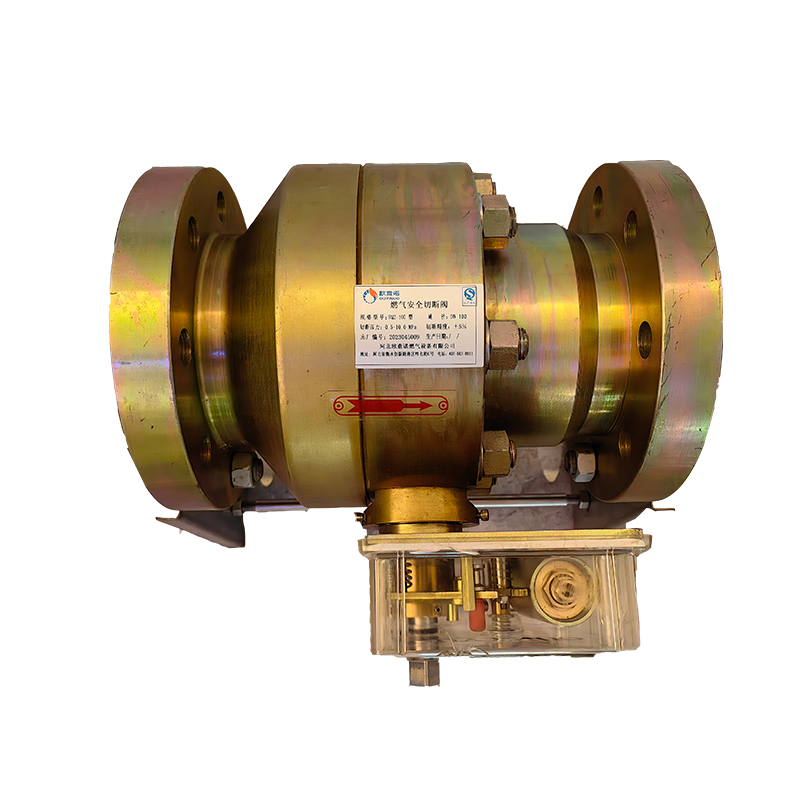
Dec . 11, 2024 09:37
Back to list
Gas Safety Valve Importance and Best Practices for Home Use
Gas Safety Valve Ensuring Secure and Safe Gas Usage
In our modern world, gas is an essential source of energy used for heating, cooking, and powering various appliances. However, the use of gas also comes with inherent risks, including leaks and explosions. To mitigate these dangers, safety mechanisms such as gas safety valves play a crucial role in ensuring secure and safe gas utilization. This article elaborates on the importance, functionality, and maintenance of gas safety valves.
What is a Gas Safety Valve?
A gas safety valve is a critical device installed in gas distribution systems to prevent overpressure and ensure the safe operation of gas appliances. It works by automatically releasing gas in the event of excessive pressure build-up, thus protecting devices and individuals from potential hazards. These valves are designed to be fail-safe, meaning that if a fault occurs, they will either remain closed or open to avert disastrous outcomes.
Importance of Gas Safety Valves
The importance of gas safety valves cannot be overstated. They are fundamental not only for the safety of appliances but also for the well-being of individuals and the environment. Without these valves, the risk of explosions, fires, and toxic gas leaks would significantly increase. Therefore, they serve as the first line of defense in gas systems, providing peace of mind to homeowners and businesses alike.
How Gas Safety Valves Work
Gas safety valves operate based on pressure differentials. Under normal operating conditions, the valve remains closed, allowing gas to flow to appliances. However, if the pressure exceeds predetermined limits, the valve opens to relieve the excess pressure. This function helps maintain a safe level of pressure within the system and prevents the potential consequences that could arise from overpressure situations, such as ruptured pipes or damaged appliances.
Types of Gas Safety Valves
.
1. Relief Valves These valves automatically release gas when the pressure exceeds a set limit, thereby preventing system failure.
صمام أمان الغاز

2. Shut-off Valves These are designed to completely stop the flow of gas in case of an emergency, such as a detected leak.
3. Back Pressure Valves They regulate pressure within a system, allowing for consistent operation of gas appliances.
Maintenance of Gas Safety Valves
For gas safety valves to function effectively, regular maintenance is essential. Here are some tips for maintaining gas safety valves
1. Regular Inspection Periodically check the valves for signs of wear, rust, or damage. Ensure that they are free from debris that may prevent them from functioning correctly.
2. Testing Conduct functional tests to verify that the valve opens and closes as intended under controlled pressure conditions.
3. Professional Servicing Engage professional technicians for comprehensive checks and servicing. This is particularly important for commercial installations.
4. Replacement Follow manufacturer guidelines regarding the lifespan of gas safety valves and replace them when necessary to uphold safety standards.
Conclusion
In conclusion, gas safety valves are indispensable for the safe operation of gas systems in both residential and commercial settings. Their ability to prevent dangerous situations makes them a vital component of gas handling. By understanding their importance and ensuring regular maintenance and inspections, individuals and businesses can significantly reduce the risks associated with gas usage, thus fostering a safer environment for all. Investing in gas safety valves is not merely a precaution; it is an essential practice that prioritizes safety and peace of mind.
Latest news
-
Safety Valve Spring-Loaded Design Overpressure ProtectionNewsJul.25,2025
-
Precision Voltage Regulator AC5 Accuracy Grade PerformanceNewsJul.25,2025
-
Natural Gas Pressure Regulating Skid Industrial Pipeline ApplicationsNewsJul.25,2025
-
Natural Gas Filter Stainless Steel Mesh Element DesignNewsJul.25,2025
-
Gas Pressure Regulator Valve Direct-Acting Spring-Loaded DesignNewsJul.25,2025
-
Decompression Equipment Multi-Stage Heat Exchange System DesignNewsJul.25,2025

